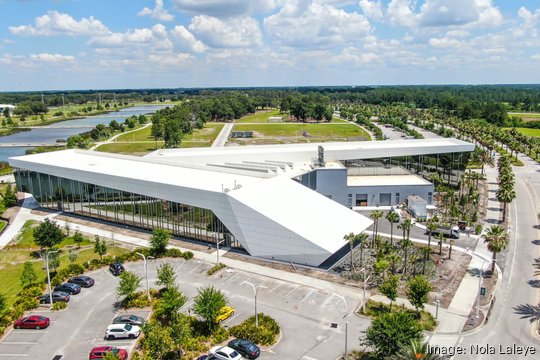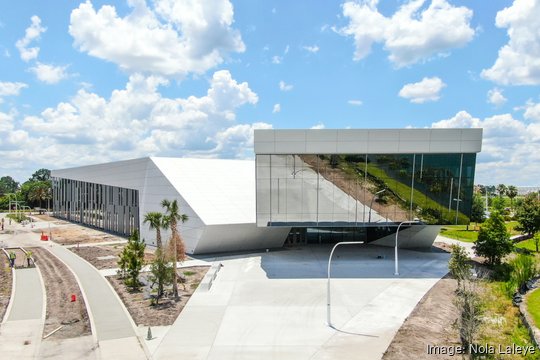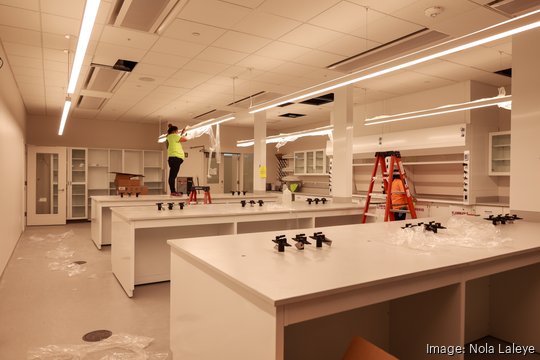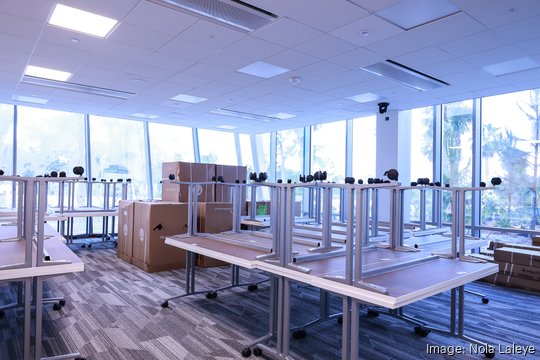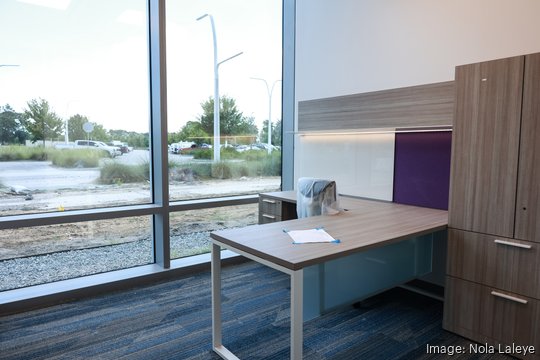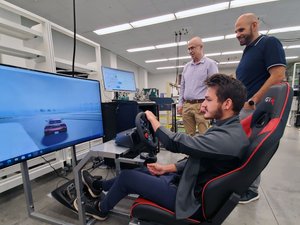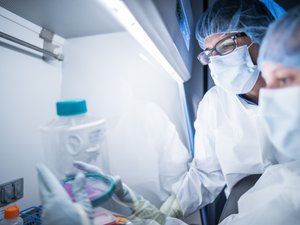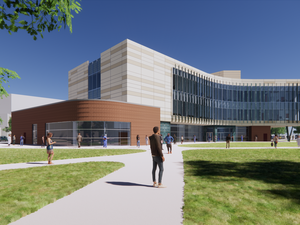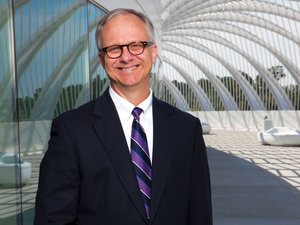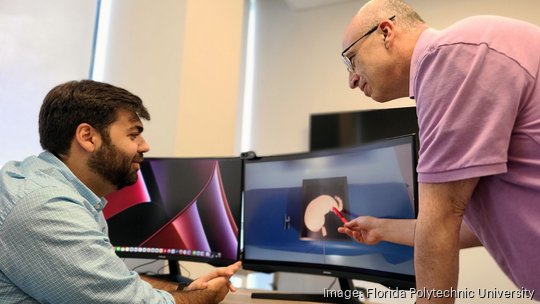
Two Lakeland-based professors are working on 3D technology that will help better train doctors for bariatric surgery.
Doga Demirel and Onur Toker, professors at Florida Polytechnic University, have been working on a 3D bariatric procedure simulator to help further train doctors to perform the surgery commonly known for helping with weight loss. During the surgery, a device is placed down the patient’s throat and into their stomach while the doctor stitches the inside of the stomach to make it smaller.
“This is mainly a tool for novice doctors to gain expertise in a faster way, so they will be ready to go out into the operating room and carry out procedures by themselves successfully,” said Demirel in a statement. He is the assistant chair of Florida Poly’s computer science department.
The simulator will have a sensation like feeling inside a body, helping doctors better operate the tools. It will also have performance tools to showcase how well the doctor does during the simulation.
“The current technology lets you use a joystick, but you don’t have any feeling in the joystick,” Toker said in a statement. He is an associate professor of electrical and computer engineering at Florida Poly. “What we want is when you hold the joystick and use the endoscope, what you see on the screen and what you feel correlate with each other.”
The research is part of a project conducted by Florida A&M University and Florida State University’s joint engineering college. The college turned to Florida Poly to further develop the simulator after working with Demirel on past projects.
“With our simulator, doctors can actually train anytime they please,” Demirel said. “It will be available 24/7, and they don’t have to have an expert surgeon watching over them.”
The simulator is funded by a multimillion-dollar grant from the National Institutes of Health, which is funding the development and validation of the simulator.
Research projects are significant for universities, not only for researchers to hone their skills but to put the university on the map and recruit more high-skilled faculty and students. That, in turn, could create a more robust talent pipeline in the region. Florida Poly has notably doubled down on its research efforts, opening up its $42 million Applied Research Center in August.
